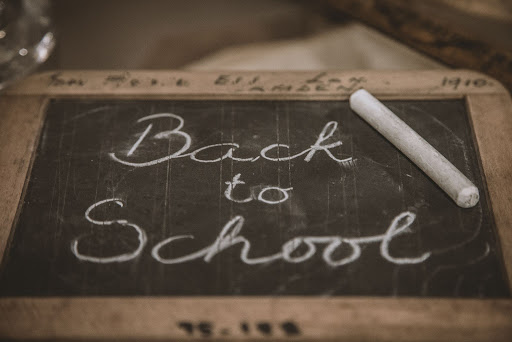

As summer comes to an end, returning back to school can be an exciting but stressful time for many students, whether it be elementary children or university students. However, with the ongoing COVID-19 pandemic, kids and parents are more anxious than ever for classes this fall. “Kids are just really used to being home with their parents now,” says Jennifer Louie, a clinical psychologist at the Child Mind Institute. She adds, “there is the added fear that other people are not as safe as we thought they were.” Dr. Louie says that when kids go out now, they’re frequently advised not to get too close to other people, wear masks, use hand sanitizer, and wash their hands. “There’s just anxiety in the air, and I think kids feel that. I think they are wondering: Are we sure it’s safe to go back? And are other people safe? And is it safe to touch this?”
Although some worry is natural, parents should be aware of the distinction between normal back-to-school jitters in children and anxiety that requires medical attention. Anxiety symptoms that last longer than the first few weeks of school may require consultation with a professional.
In younger children, parents may notice resistance to going to school, argumentative behaviour, and somatic issues such as stomach aches or headaches. In teenagers, there may be school refusal, withdrawn behavior (such as isolating themselves in their rooms), and increased irritability and moodiness. Risky behavior such as substance misuse may also become prevalent.
To help ease anxiety in children and make them feel ready for school, there are a number of proactive steps that parents can take: about a week before school, start getting back to a school-day routine, such as waking up, eating, and going to bed at regular times. Prepare a prize or a rewarding activity that the youngster can earn for leaving mom or dad to go to school. Parents can also create a list of school supplies together and plan a fun shopping trip. A way to help kids focus on positive things is to try to get them to talk about the good things about school. Most importantly, validate the child’s feelings by acknowledging that starting school can be difficult at first, but it will soon become easy and enjoyable!